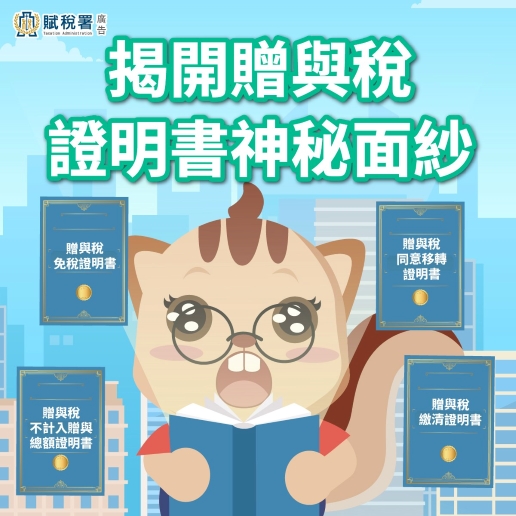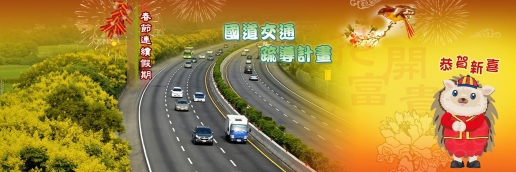Due to the effects of globalization, every country is now facing more and more diverse migration and immigration, from residence, marriage, migration to short-term immigration, or moving from the birthplace to another place to live, and they are often called migrants. It has become a social change and cultural phenomenon that all countries must face.
According to the statistics of the International Organization for Migration (IOM) in 2006, the number of people living or working in the country from their birthplace has doubled in the past 35 years, reaching 190 million in 2005, which means that there are more than 3% of the population (or one in every 35 people) are moving offsite. These statistics show that the population is moving more frequently between countries and countries, and the boundaries between countries are becoming increasingly blurred. "Transnational migrants" has been gradually regarded as a common phenomenon in various societies.
These have made the society to pay more attention to the disadvantaged migrants, especially those who have moved to the blue-collar class of other countries. They have to face differences in language and cultures, changes in social relations, and even restrictions or changes in another country’s policies. All of these things make it difficult for the migrants to adapt.
According to the Ministry of Labor of the Executive Yuan, Taiwan now has more than 700,000 foreign labors, including industrial migrants mainly from Southeast Asian countries such as Vietnam, the Philippines and Thailand, while the foreign workers working in the social welfare industry are mainly from Indonesia and stay in Taoyuan City, Taichung City and New Taipei City. According to statistics from the Ministry of the Interior, there are more than 600,000 spouses who have moved to Taiwan because of marriage. Taiwan has also added a lot of special features of multi-ethnic landscapes because of the continued participation of transnational migrants. We should realize that Taiwan was originally a country consisted of people who migrated from different regions in different periods. It is full of diverse and rich ethnic cultures, including Aboriginal, Hakka, Weinan, Han, and the new residents and transnational movements that have gradually integrated into Taiwan society in the past 20 years. They have enriched Taiwan's multiculturalism.
The Immigration Department held "2018 Immigration Festival" at Taichung Park last year (2018)
The moving tendency of the blue-collar class is not really because of the poverty of their hometown. Most of the migrant workers are trying to pursue better job opportunities and go abroad. Moreover, many of the migrants have no choice but to ‘get married for better economic conditions’ in order to help improve their family’s financial situation.
Xia Xiaotong pointed out that the labor force is the source of surplus value, and the continuous development of cheap human resource is the necessary condition for the continuous expansion of capitalism. The "world’s cheap labor market" is also born. Whether it was early Irish immigration to the United Kingdom, or the black slave trade in the past, they are all considered as "transmigration era" today which is an inseparable phenomenon in the process of capitalist development and structural reorganization (2002a). It is a sad fact for migrant workers and cheap labors.
Of course, Taiwan is no exception. The big reason for the attraction to migrant workers is not merely because of labor shortage, but because the businesses are trying to reduce wages, save costs, and obtain maximum profits. The technology industry is also no exception. The industries keep complaining to the government about labor shortage, and under that pressure, the government can only open doors to migrant workers in response to the trend. In Taiwan, because of the aging of the population, caretakers have become the most discussed topic nowadays. The elderly need special care service. When the old population soars, foreign immigrants increase sharply. Taiwan is facing such an enormous challenge.

Most of Indonesian migrant workers in Taiwan come from the provinces of Java (Jawa), Lampung and Lombok.
At the same time, neighboring Japan is also opening up more job opportunities for migrant workers due to the increase of old population. This is a controversial and unprecedented move. In the next five years, Japan’s migrant workers will increase by 300,000. With this new policy, Japan has undergone a historical change, almost irreversible, and it will affect generations in Japan. New immigrants also face major challenges in Japanese cultural and linguistic differences.
Taiwan and Japan will face more social conflicts if they do not treat the immigrants well. The NGO Garden of Hope Foundation, whose works are to support foreign marriages in Taiwan, has found a high proportion of foreign spouses suffering from family violence. These include cases of severe pay, abuse, exploitation, and sexual assault. Although the government has set up a supporting line 1955, shelters and new residents' service centers, these actions still have not met the demands of creating a multicultural and friendly environment. The government has issued more and more practical services such as cultivating friendly employers, supporting immigrants with cultural cares (eg. free Chinese class, multi-language newspapers, and TV channels).
We can also create a vision and tolerance of society through the rich and diverse culture of the immigrants. How to seek integration, hope and be flexible in the cross-cultural issues, make Taiwan become a country of acceptance and respect human rights are top priorities.
Recently, there are the Ramadan and Eid al-Fitr celebrations in Indonesia, the Dragon Boat Festival in Taiwan and Vietnam, and the National Day of the Philippines which take place in May and June. The county and city governments have organized relevant activities to create an exciting atmosphere to the immigrants. We also hope that Taiwan will have long-term and stable immigration service centers so that the immigrants can feel safe, free and peace in mind.

2018 Taipei Mosque Eid al-Fitr
Finally, we would like to draw your attention to a story of BBC female reporter Lipica Pelham. She moved from Bangladesh to Israel, and thus fell into the Israeli-Palestinian conflict. She uses her own words to record cultural conflicts, the shackles of life, and the rootless souls trying to find a place which she belongs She said, "No one in this world can monopolize a piece of land forever. The point is to respect, as long as it does not destroy the ancestral heritage of houses, historical sites, mosques, churches, etc., as long as you do not go down the hillsides and destroy faith, I believe that both you and me have the right to stay here."
(Author Ji Huirong).







